Debates about the benefits and drawbacks of being a vegetarian seem to be eternal.
Bhaskar Health doesn't want to get into an argument or take sides, which is why we discard the moral aspects and discuss giving up meat from a scientific point of view.
Now we introduce 10 changes that will happen to your body if you eliminate meat from your diet.
10. You'll lose some weight.
People who give up meat can lose around 10 pounds. Besides, they don't need to count calories and ramp up their workout program. Your vegetable diet will cope with everything perfectly.
9. The number of protective bacteria in your gut will increase.
The gut flora of people who eat meat differs from those of vegetarians. Data shows that people who only eat vegetable products have more protective bacteria. But it takes time for gut flora to reorganize and improve itself. Firstly, you might experience bloating and excessive flatulence because your gut and pancreas also adapt to a plant-based diet and feel an enzyme deficiency.
8. Your skin will look healthier.
Many vegetarians notice that their skin improves: pimples, blackheads, and acne disappear. Scientists say that if you replace meat with fruit and vegetables, all toxins will be flushed out. Such a detox affects your skin in a good way.
7. You'll become more energetic.
One of the most important features people notice after they stop eating meat is that they feel less tired during the day. "I used to be completely exhausted in the evenings, even if I was in the office for a whole day. Now I need a good workout to feel tired," vegetarians say. It's not a surprise because such a diet helps you not just to get rid of weight and flush out toxins but also to feel a certain lightness.
6. The risk of cardiovascular diseases will be reduced.
The link between red meat and cardiovascular diseases was found long ago. American scientists found out that the carnitine in red meat triggers chemical reactions that negatively affect our heart. It's also interesting that vegetarians have a lower risk of hypertension, diabetes, and colorectal and stomach cancer.
5. Your cholesterol level will be reduced by one-third.
When you don't eat meat, the cholesterol level in your blood drops. Such an effect may be compared to that after taking cholesterol medicine. But there are not any side effects in this case: you only become healthier. People with atherosclerosis are highly recommended to try a vegetable diet.
4. Your "good" genes will work better.
Scientists found out that environmental conditions affect the work of our genes. There are "good" and "bad" genes. If your lifestyle is unhealthy, your "bad" genes begin working faster, causing the development of chronic diseases and obesity. If you lead a healthy lifestyle, the genes' work changes. It's a changeover from eating meat to a vegetable diet that switches "good" genes. It also helps normalize the work of our body.
3. Nutritional deficiencies may occur.
If you stop eating meat, iodine, iron, vitamin D, and B12 deficiencies can evolve. But scientists claim that if your diet contains a sufficient amount of legumes (beans, lentils), nuts, fruit, dark green vegetables, whole-grain products, and cereals, the balance will be restored. What is more, vitamins and supplements can also be used to cope with nutritional deficiencies.
2. You may lose your sense of taste.
Zinc is an essential element responsible for taste sensations. There is a high amount of zinc in oysters and red meat, but vegetarians have to find another useful source of this element. Navy beans, nuts, whole-grain products, and dairy products contain the necessary amount of zinc. On average, vegetarians need as much as 50% more zinc with their food per day.
1. Muscles may need more time to recover.
Proteins are essential for muscular corset strengthening and recovery after a workout. Both animal and plant proteins deal well with this task. But note that plant protein needs more time to start working. Nutritionists recommend that vegetarian and vegan sportsmen consume protein right after their workout because it's absorbed more easily and quickly like this.

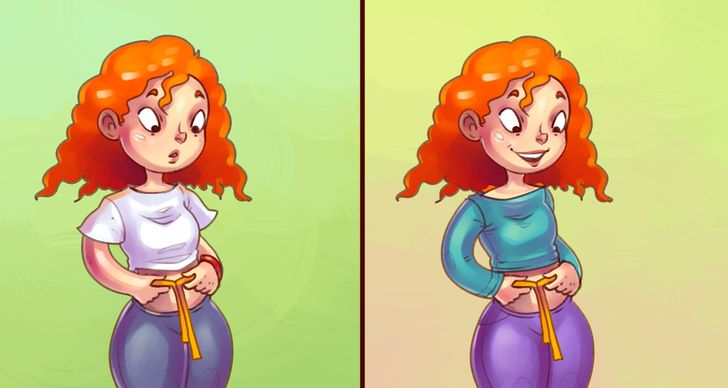
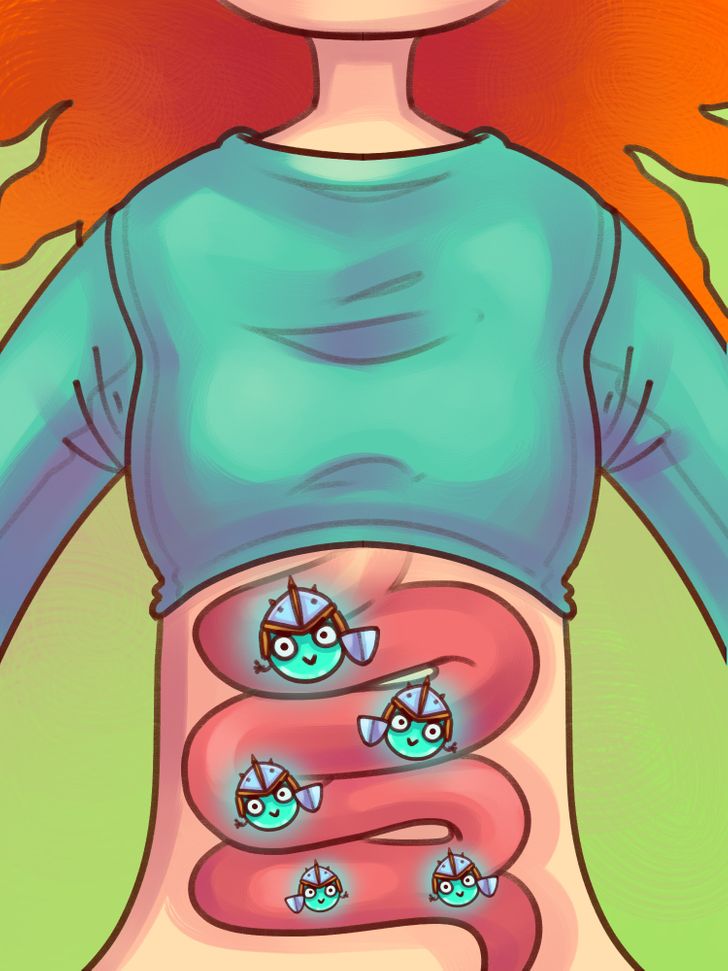
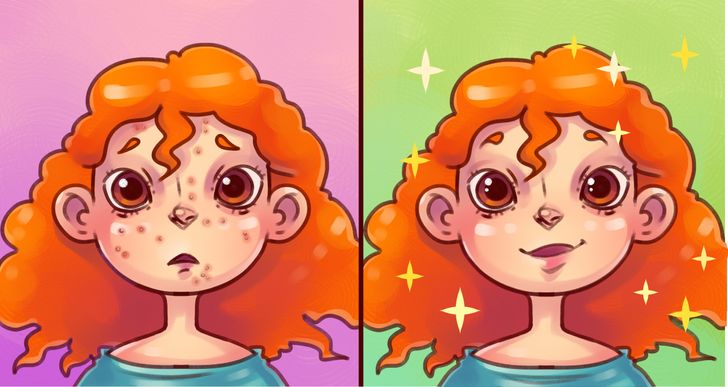
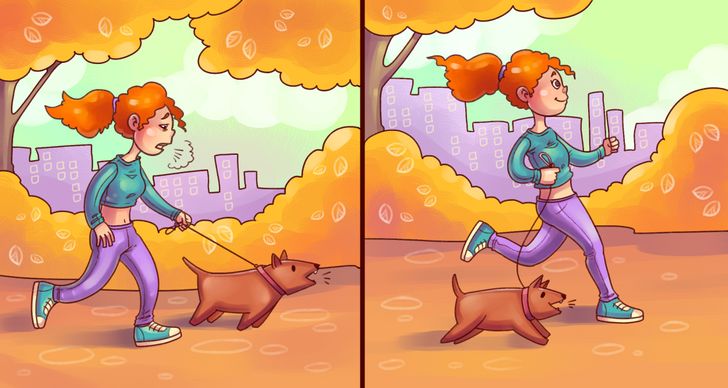
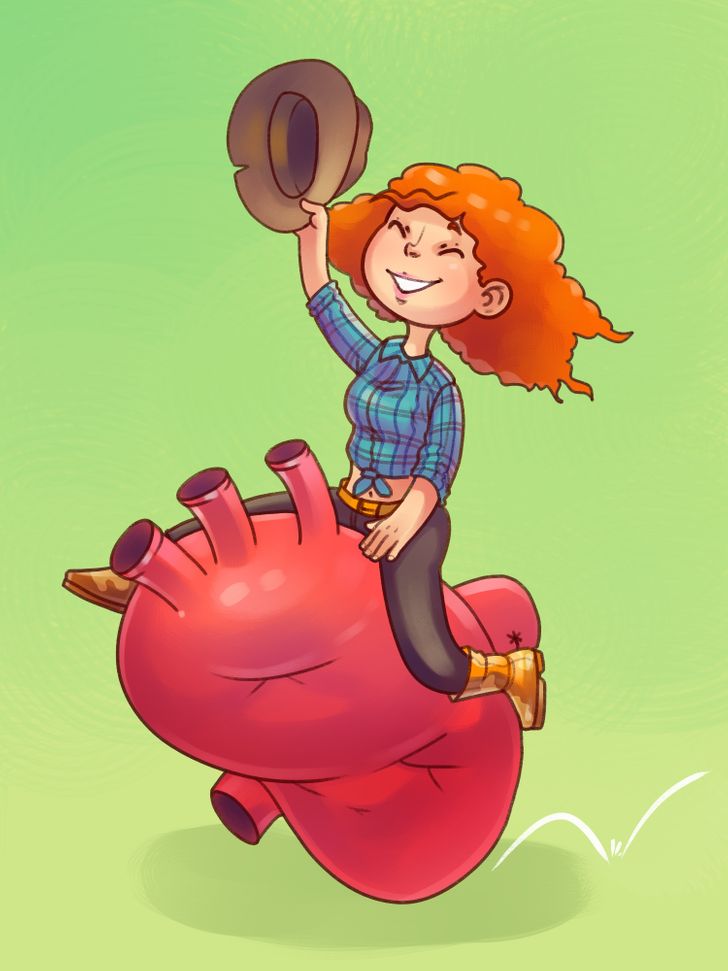
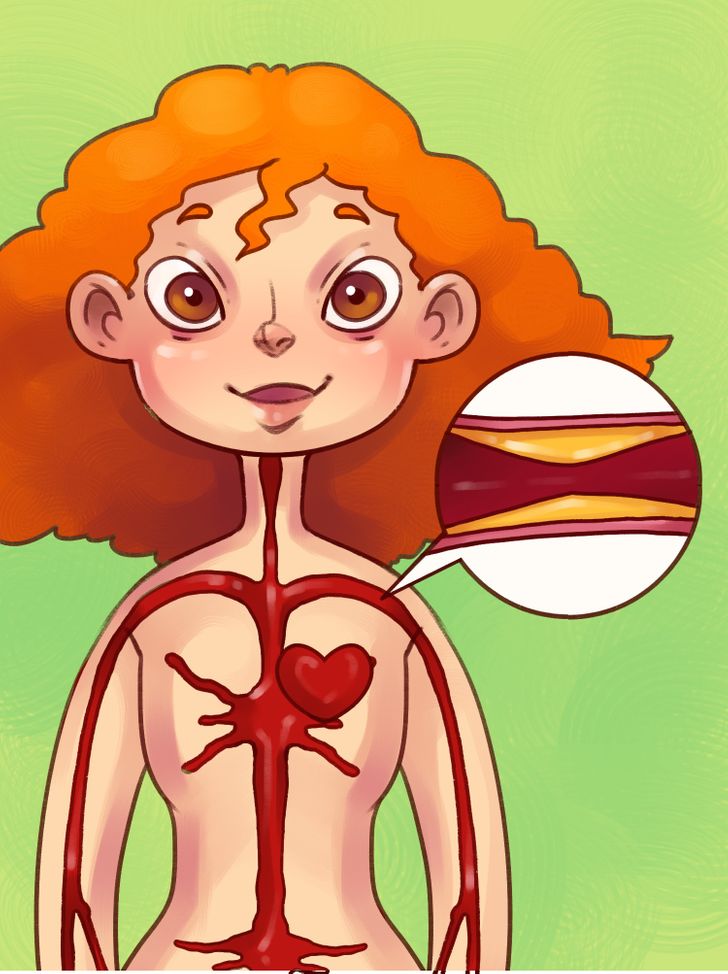
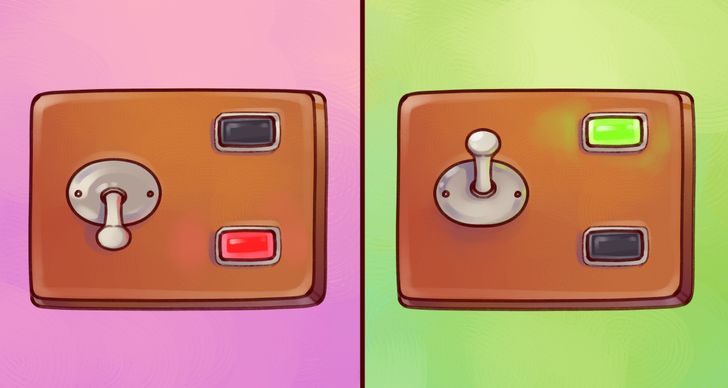
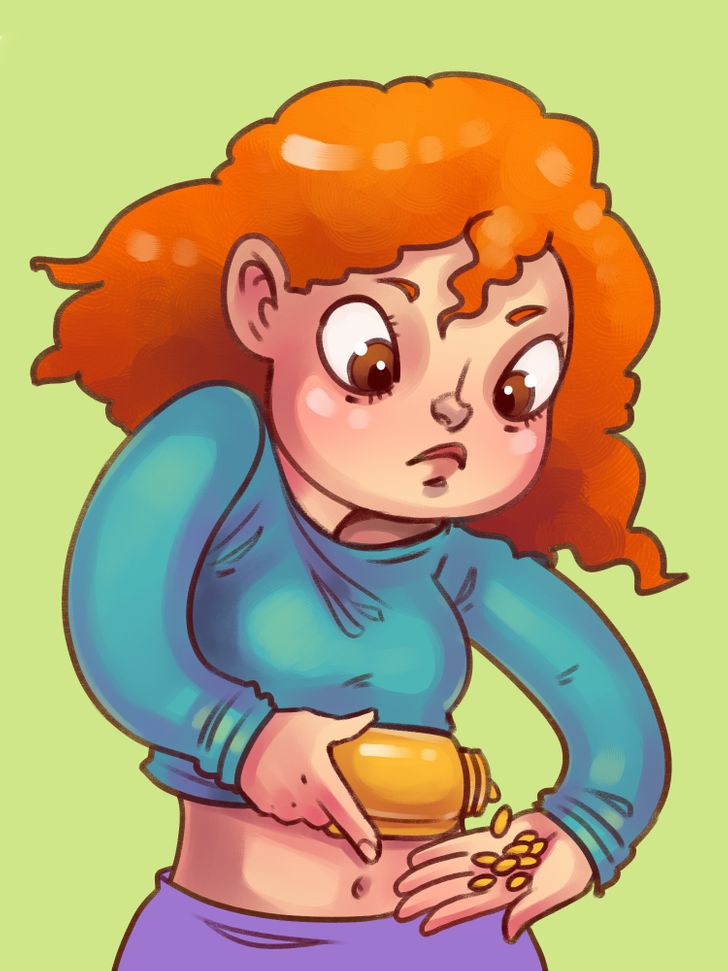
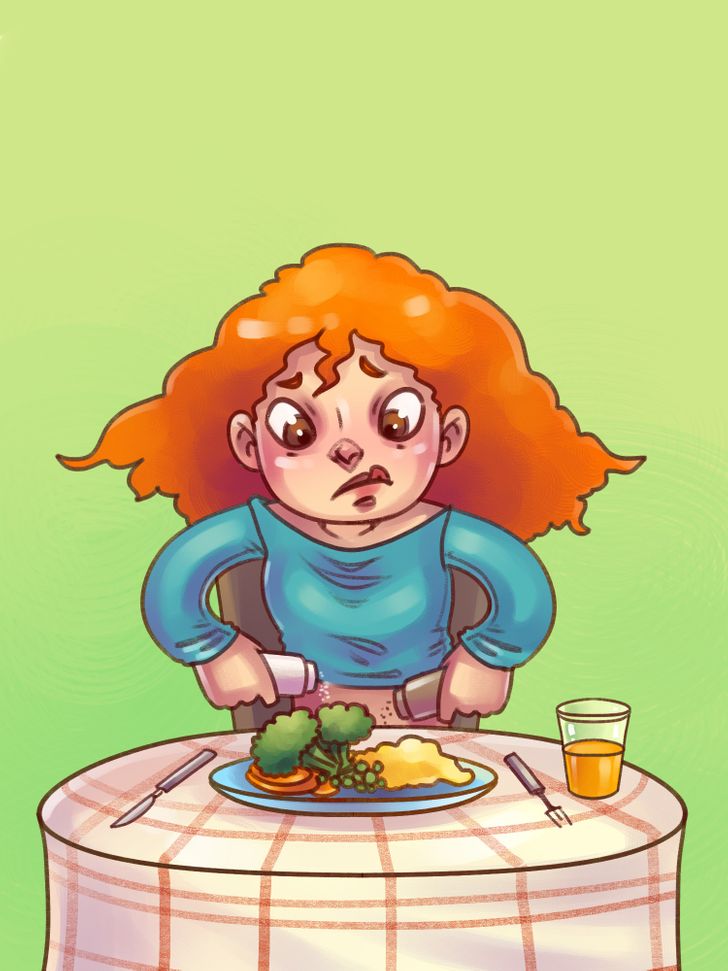
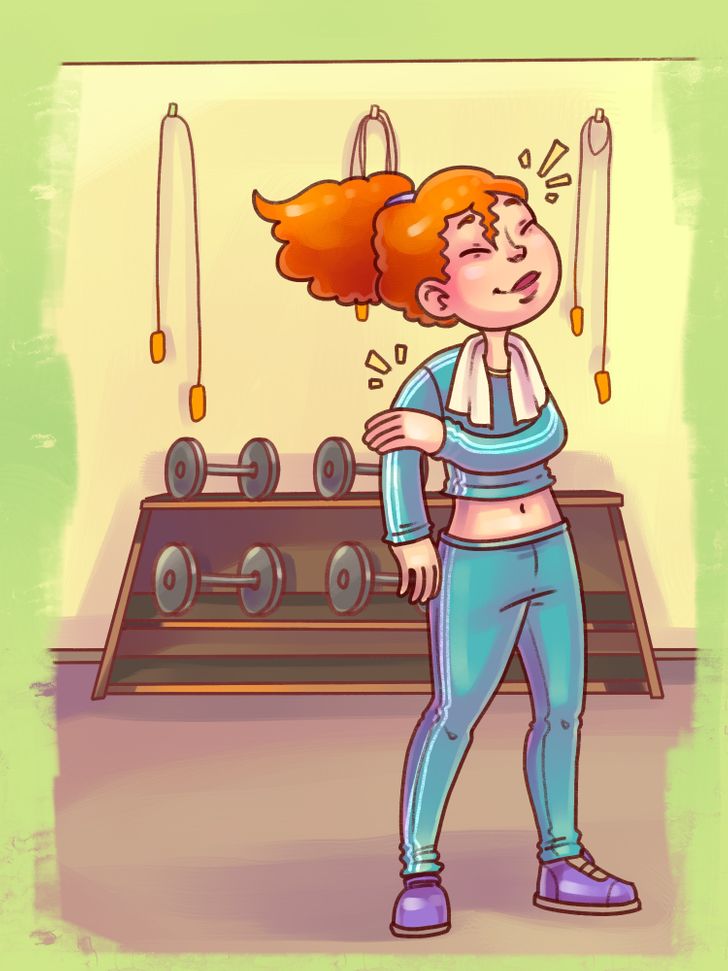
0Comments